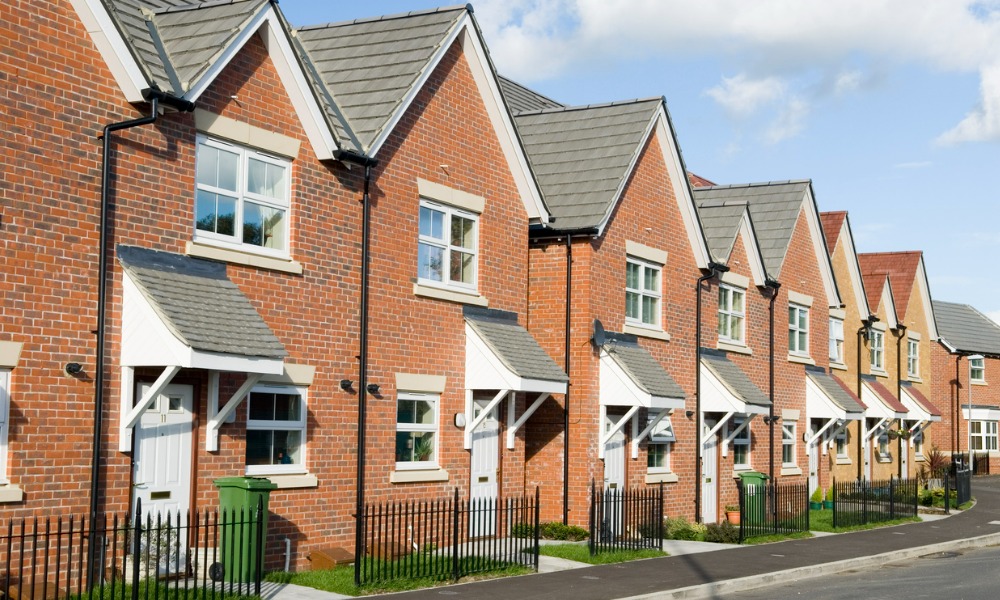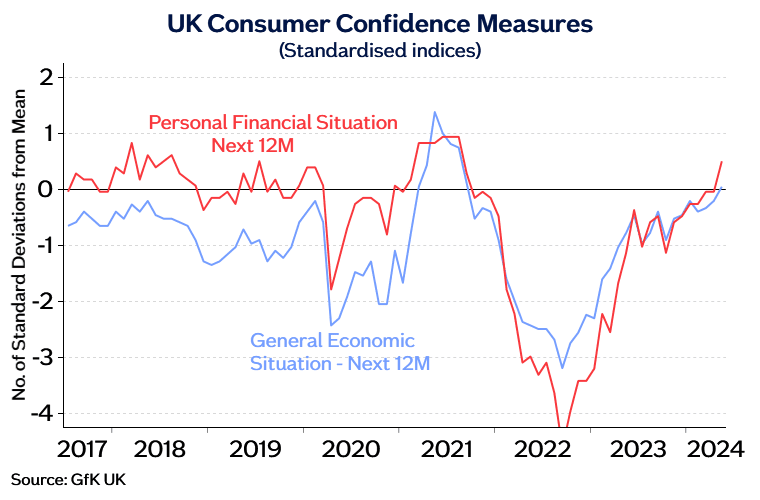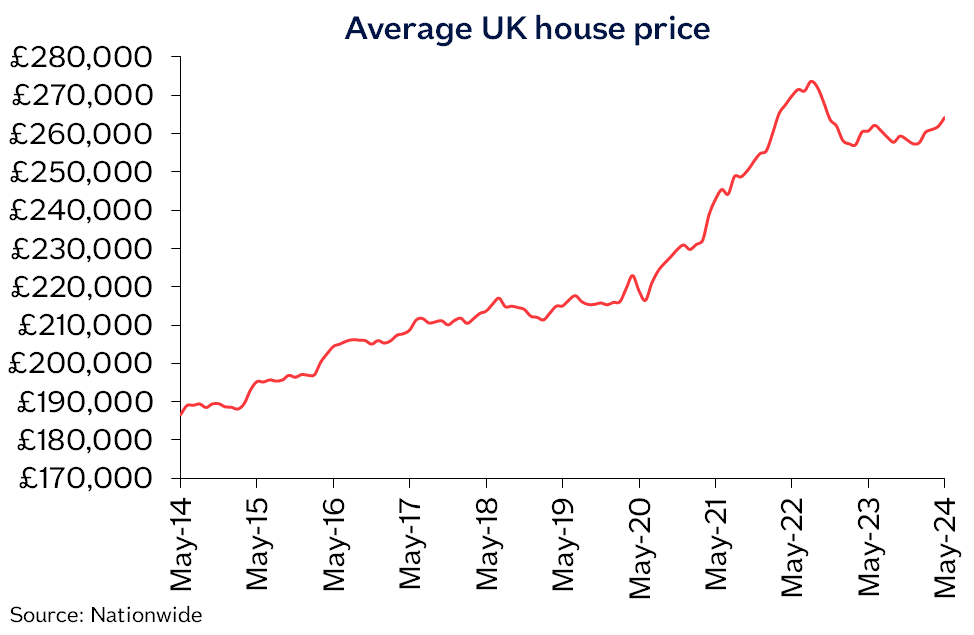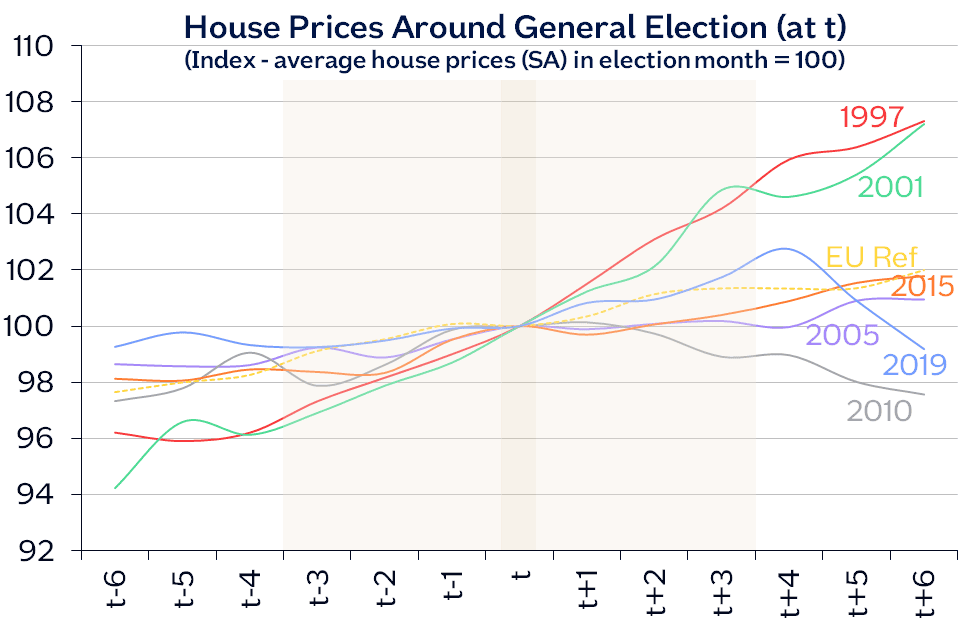Will the General Election have an impact on housing market activity?

UK house prices increased by 0.4% to £264,249 in May, causing a slight uptick in the annual house price growth rate, which rose to 1.3% from 0.6% in the previous month, Nationwide reported today.
“The market appears to be showing signs of resilience in the face of ongoing affordability pressures following the rise in longer term interest rates in recent months,” said Robert Gardner, chief economist at Nationwide Building Society. “Consumer confidence has improved noticeably over the last few months, supported by solid wage gains and lower inflation.”

“A lot of uncertainty still surrounds the UK housing market, but today’s figures show that buyer demand is strengthening,” said Michelle Stevens, mortgage expert at personal finance comparison site finder.com, commenting on the latest Nationwide House Price Index. “The Bank of England is widely predicted to cut rates in the coming months, and as a result buyers who have so far held off are beginning to return to the market.
“However, despite inflation falling to the lowest rate since September 2021 last month, it’s important to remember that many households are still struggling to make ends meet, and therefore affordability issues remain. Because of this, it’s unlikely that we’ll see UK house prices sprint away in 2024, but there are encouraging signs of recovery.”

Meanwhile, with the recent announcement that the UK General Election will take place in July, Nationwide, in its latest House Price Index, also analysed house price movements around previous elections and the 2016 EU referendum.
The analysis shows that past general elections have not generated volatility in house prices or significantly altered house price trends.
Indexed average house prices, set to equal 100 in the election months of each year shown, were compared for the six months before and after each election. The prevailing trends were generally maintained before, during, and after UK general elections, with broader economic trends dominating any immediate election-related impacts.

Nationwide also examined house purchase mortgage approvals around past UK elections. While the data shows a less clear picture, there does not seem to be any tangible impact on mortgage approvals in the three months either side of a general election.
An exception to this trend occurred in 2019, largely due to the impact of the pandemic. The initial lockdown in 2020 suppressed housing market activity, which subsequently bounced back once restrictions began to lift.
“It appears that housing market trends have not traditionally been impacted around the time of general elections,” Gardner said. “Rightly or wrongly, for most homebuyers, elections are not foremost in their minds while buying or selling property.”
Amy Reynolds, head of sales at Richmond estate agency Antony Roberts, however, pointed out that in southwest London, the property market usually picks up after an election.
“On the downside, it’s less likely we’ll see an interest rate reduction in June, which will be the Bank of England trying not to be political, yet that decision in itself is political so we shall have to wait and see,” she said.
“An interest rate cut in June followed by the election in July would be extremely welcome, giving us a much-needed summer market.”
Any thoughts on the latest Nationwide House Price Index? Share them with us by leaving a comment in the discussion box at the bottom of the page.



